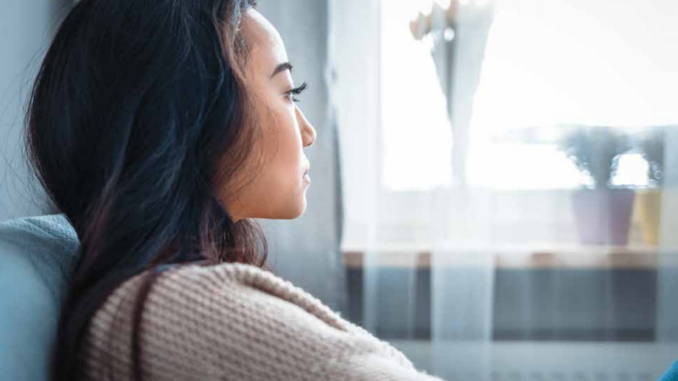
The COVID-19 pandemic caused near-record unemployment and left many people looking for ways to support their families.
This unfortunate situation during the time of year when we are used to heading out on summer vacations has added extra stress for many people. There has also been added fear and anxiety about the unknowns of the disease. When will it end? How can I protect myself and my family from it? Fortunately, there are many ways you can cope with COVID-19-related stress to lessen the impact it has on your psychological well-being.
WHAT IS COVID-19 STRESS?
Stress during any infectious disease outbreak can include the following, according to the Centers for Disease Control and Prevention:
• Fear and worry about your own health and the health of your loved ones. • Changes in sleep or eating patterns. • Difficulty sleeping or concentrating. • Worsening of chronic health problems. • Worsening of mental health conditions. • Increased use of alcohol, tobacco, or other drugs.
WHO IS AT RISK?
Everyone reacts differently to stressful situations. How you respond to the outbreak can depend on your background and the community you live in. The CDC identifies the following types of people as ones who may respond more strongly to the stress of a crisis like the COVID-19 pandemic:
• Older people and people with chronic diseases who are at higher risk for severe illness from COVID-19. • Children and teens. • People who are helping with the response to COVID19, like doctors, other health care providers, and first responders. • People who have mental health conditions including problems with substance use.
HOW TO REACT
There are many ways you can take care of yourself and your community during this unprecedented time. And doing so can actually help you cope with COVID-19-related stress. Here are some ideas from the CDC to get you started:
• Take breaks from watching, reading, or listening to news stories, including social media. • Take care of your body with plenty of exercise and healthy eating. • Avoid alcohol and drugs. • Make time to unwind and try to do some other activities you enjoy.
• Get outside, if possible. Sunshine and fresh air will do you good. Even a walk around your neighborhood can make you feel better. Just be sure to avoid crowds, keep your distance from people you encounter, and obey restrictions in your area.
Don’t let coronavirus dominate every conversation. It’s important to take breaks from stressful thoughts about the pandemic to simply enjoy each other’s company—to laugh, share stories, and focus on other things going on in our lives.
Remember that you are not alone in any stress you are feeling. Millions of Americans across the country are in the same boat. Take the time to connect virtually with your friends and family members to keep you active in community.